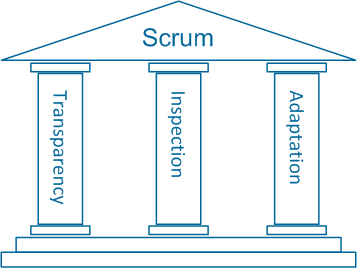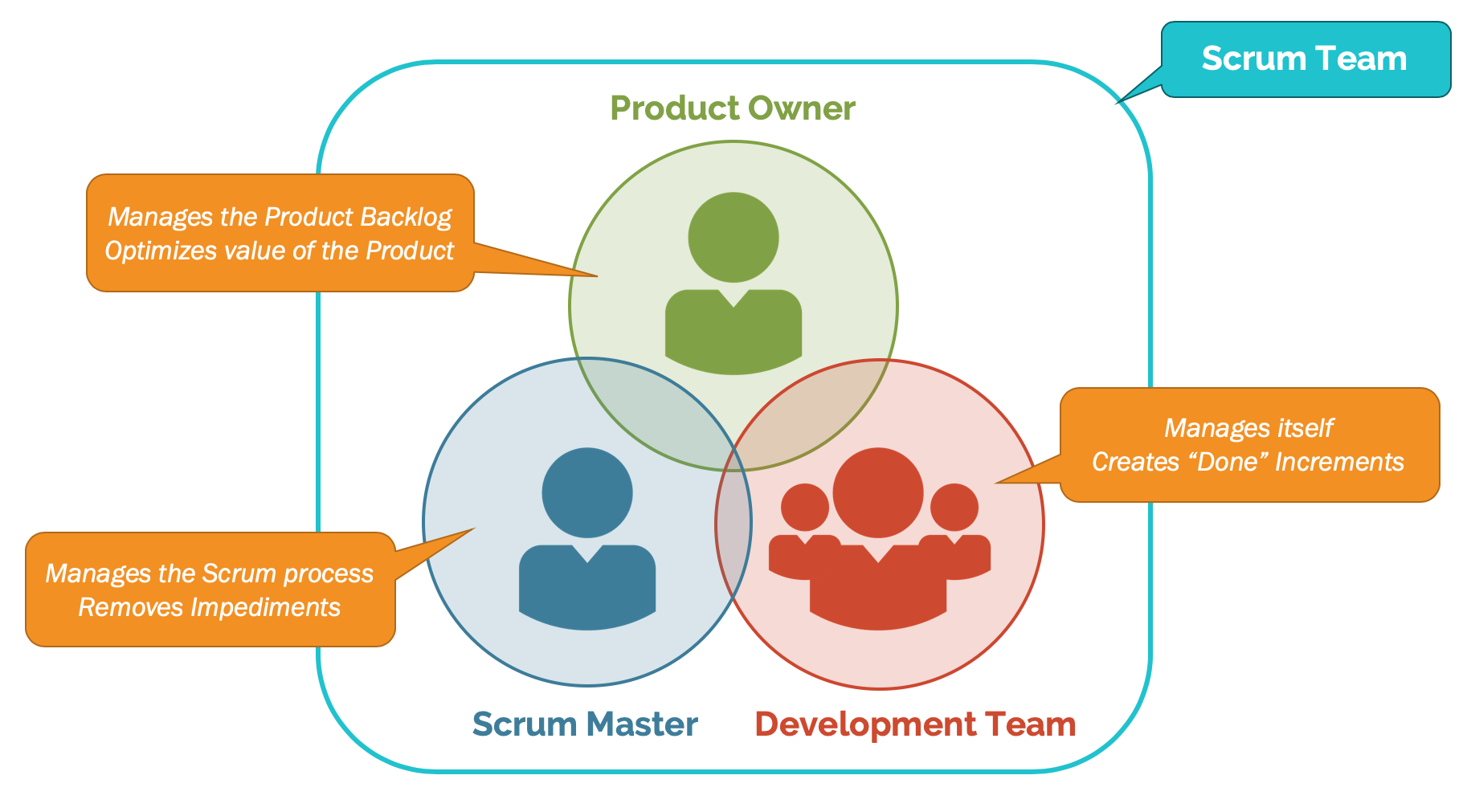The Three Pillars of Empiricism (Scrum)
Por um escritor misterioso
Last updated 17 abril 2025

Empiricism means working in a fact-based, experience-based, and evidence-based manner. Scrum implements an empirical process where progress is based on observations of reality, not fictitious plans. Scrum also places great emphasis on mind-set and cultural shift to achieve business and organizational Agility. The three pillars of empiricism are as follows:

The Three Pillars of Empiricism (Scrum)

How the Efficiency Mindset Leads to Zombie Scrum - Agile - ZenTao
What are the 3 Pillars of Scrum (Empiricism) - StarAgile

What are the Three Pillars of Scrum?

Coach Takeshi's Scrum Crash Course - Learn Scrum in 2 hours

What are the Three Pillars of Scrum?

What is SCRUM? — CODING ALI

Scrum Empiricism: Understanding the Three Pillars

The three pillars of empiricism of SCRUM : transparency, inspection and adaptation. Stock Vector

How Do the 3 Scrum Roles Promote Self-Organization?

Three Pillars of Scrum: Transparency, Inspection, and Adaptation

Three Pillars of Scrum: Transparency, Inspection, Adaptation

The Three Pillars of Empiricism
Recomendado para você
-
 Apertar F para prestar homenagens não significa nada - Salvando Nerd17 abril 2025
Apertar F para prestar homenagens não significa nada - Salvando Nerd17 abril 2025 -
/i616972.jpeg) Por que as pessoas mandam F? Entenda origem da expressão - Canaltech17 abril 2025
Por que as pessoas mandam F? Entenda origem da expressão - Canaltech17 abril 2025 -
 Respect to the Legend”“Respeto a la leyenda” – Manhattan Times News17 abril 2025
Respect to the Legend”“Respeto a la leyenda” – Manhattan Times News17 abril 2025 -
 Africa digital foreign policy and diplomacy - Diplo Resource17 abril 2025
Africa digital foreign policy and diplomacy - Diplo Resource17 abril 2025 -
 Respect - Wikipedia17 abril 2025
Respect - Wikipedia17 abril 2025 -
 Ukraine after the Victory.pdf17 abril 2025
Ukraine after the Victory.pdf17 abril 2025 -
Jochen Müller (@JochenEurope) / X17 abril 2025
-
 SPA Suite, Experiences, The Cliff Bay Hotel17 abril 2025
SPA Suite, Experiences, The Cliff Bay Hotel17 abril 2025 -
 Get Set for School Pre-K Program Sampler by Learning Without Tears - Issuu17 abril 2025
Get Set for School Pre-K Program Sampler by Learning Without Tears - Issuu17 abril 2025 -
 Water-18O 18O 10atom 14314-42-217 abril 2025
Water-18O 18O 10atom 14314-42-217 abril 2025
você pode gostar
-
 Street Fighter Zero 3 Saikyo-ryu Dojo - Sega Dreamcast Videogame - Editorial use only Stock Photo - Alamy17 abril 2025
Street Fighter Zero 3 Saikyo-ryu Dojo - Sega Dreamcast Videogame - Editorial use only Stock Photo - Alamy17 abril 2025 -
 Resultado de imagem para jogos plataforma 2d 201717 abril 2025
Resultado de imagem para jogos plataforma 2d 201717 abril 2025 -
 Anime Fleek on X: Giji Harem Anime Is Officially Announce. Giji Harem is one of the well-known rom-com manga series written and illustrated by Yu Saito. Read More: #animefleek #anime #animeadaptation2023 #17 abril 2025
Anime Fleek on X: Giji Harem Anime Is Officially Announce. Giji Harem is one of the well-known rom-com manga series written and illustrated by Yu Saito. Read More: #animefleek #anime #animeadaptation2023 #17 abril 2025 -
 Conceito De Futebol Online. Futebol Com Renderização De Coroa E Smartphone 3d Ilustração Stock - Ilustração de evento, vivo: 26043144117 abril 2025
Conceito De Futebol Online. Futebol Com Renderização De Coroa E Smartphone 3d Ilustração Stock - Ilustração de evento, vivo: 26043144117 abril 2025 -
 Friday the 13th Part VIII: Jason Takes Manhattan, Headhunter's Holosuite Wiki17 abril 2025
Friday the 13th Part VIII: Jason Takes Manhattan, Headhunter's Holosuite Wiki17 abril 2025 -
 Com mais de 5 horas de show, Gusttavo Lima grava DVD no Cariri17 abril 2025
Com mais de 5 horas de show, Gusttavo Lima grava DVD no Cariri17 abril 2025 -
 Air Door OP03-094 UC Mighty Enemies - ONE PIECE Card Game Japanese17 abril 2025
Air Door OP03-094 UC Mighty Enemies - ONE PIECE Card Game Japanese17 abril 2025 -
 Top 10 Romance Anime On Netflix17 abril 2025
Top 10 Romance Anime On Netflix17 abril 2025 -
 Galaxy Note 10 Plus: So far I'm undecided and here's why17 abril 2025
Galaxy Note 10 Plus: So far I'm undecided and here's why17 abril 2025 -
 Netflix's Live-Action One Piece Straight-Up Built the Merry and Baratie!17 abril 2025
Netflix's Live-Action One Piece Straight-Up Built the Merry and Baratie!17 abril 2025
